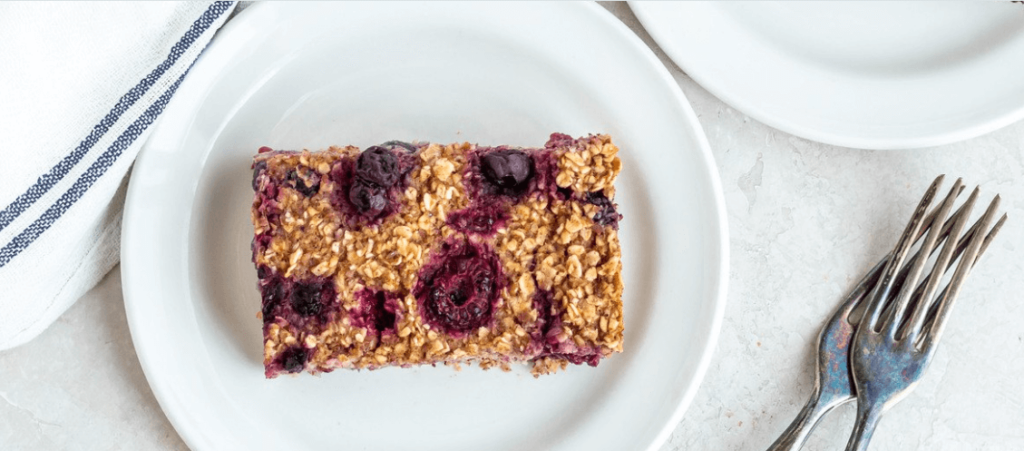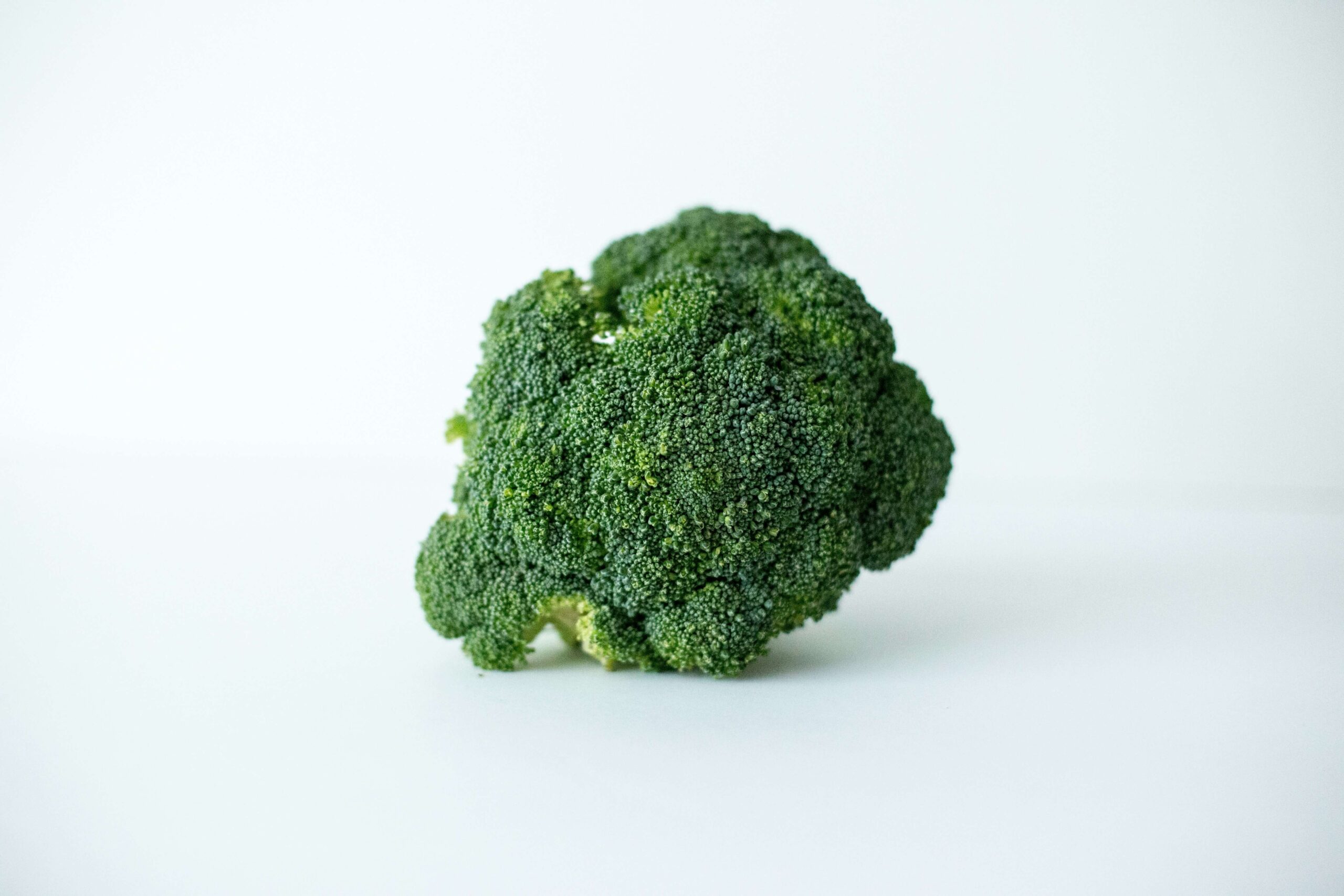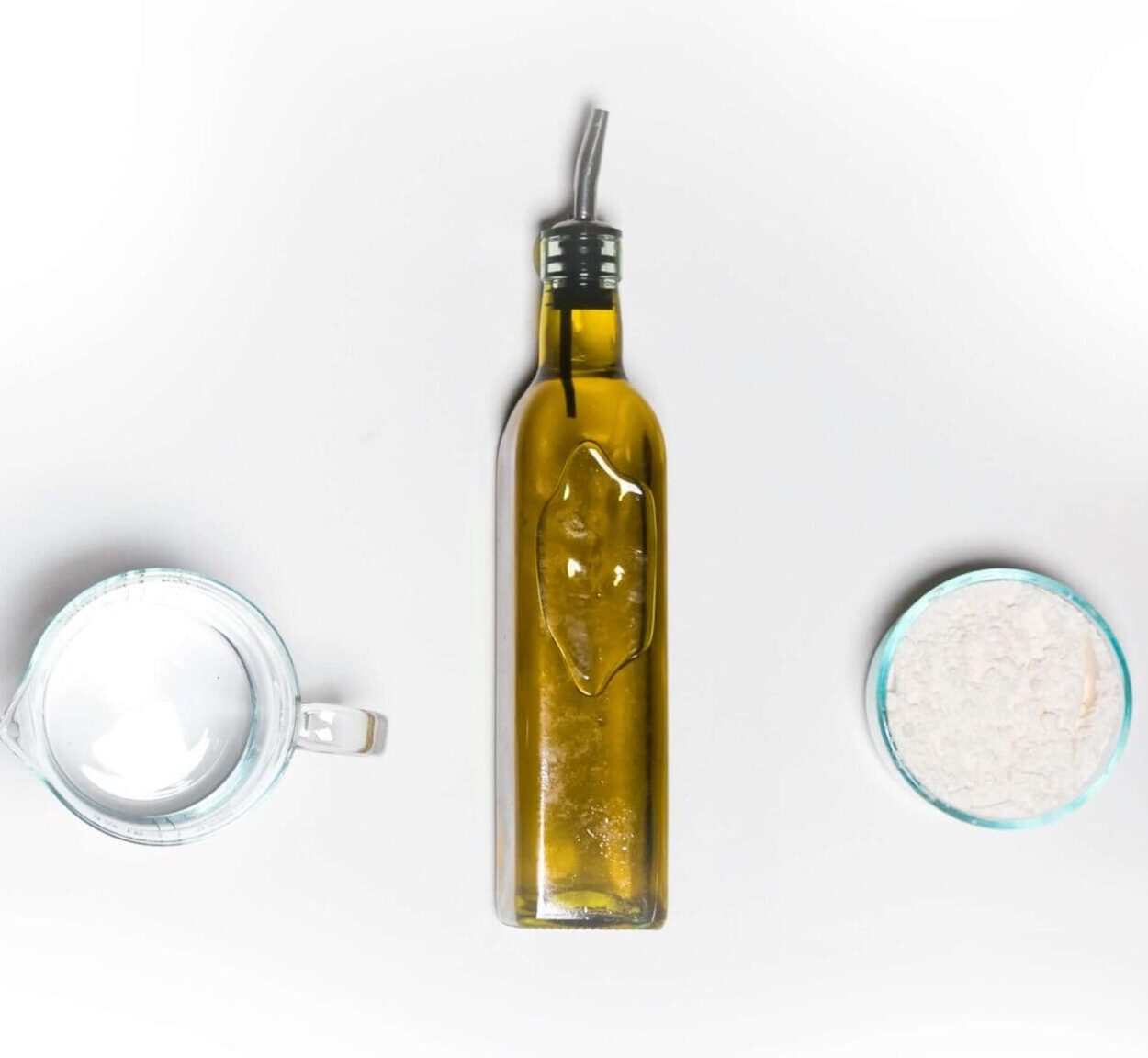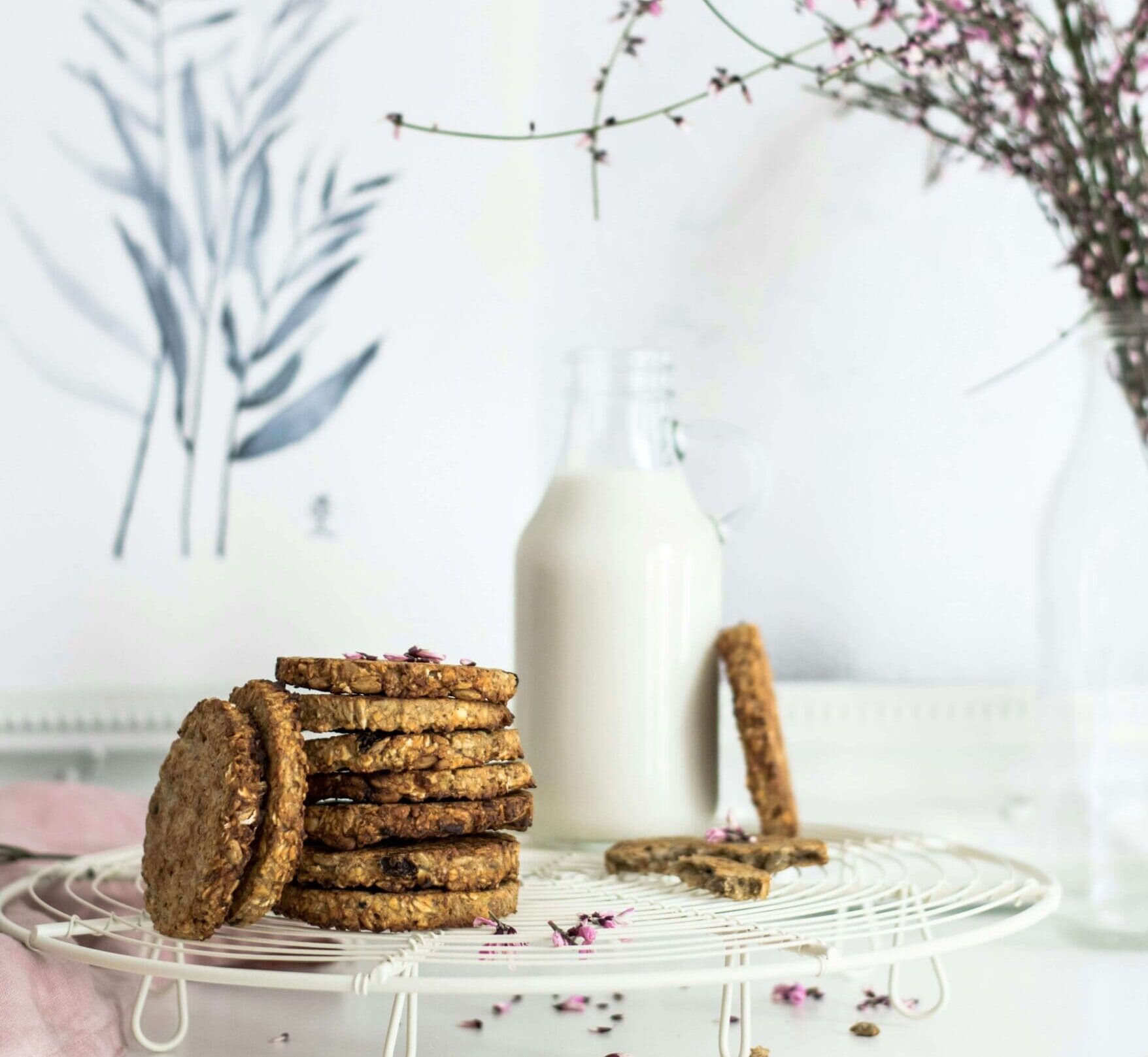Introduction to Functional Foods
Hello friends!
A huge part of my role as a cancer dietitian is sharing foods to choose/avoid to reduce cancer risk (spoiler alert – there are only two types of foods that actually increase risk). The good news is there is so much that we can ADD to our diets! Enter: functional foods. These foods have been studied for their chemical properties that play a role in repairing cell damage, reducing inflammation, and keeping your body strong! The media especially loves to hone in on what foods to cut out – everything processed, sugar, gluten, dairy, GMOs, conventional, all meat, all carbs, you name it! Listening to everything that everyone says will leave you eating nothing but air. Let’s get back to NOURISHING your body for cancer prevention and during cancer treatment!
What are Functional Foods?
Functional foods are foods that provide health benefits beyond basic nutrition due to their bioactive compounds. When it comes to cancer risk, some functional foods have received special attention for their ability to reduce the risk of developing certain types of cancer. Here are several examples of functional foods and their potential impact on cancer risk:
1. Fruits and Vegetables as Functional Foods
Fruits and vegetables are rich in vitamins, minerals, fiber, and phytochemicals, including antioxidants, flavonoids, and carotenoids. These functional foods have been associated with a reduced risk of various cancers. Consuming a diet high in fruits and vegetables has been linked to a lower risk of cancers of the lung, stomach, colon, rectum, esophagus, and mouth.
2. Cruciferous Vegetables
This group of food includes vegetables such as broccoli, cauliflower, cabbage, Brussels sprouts, and kale. They contain compounds like sulforaphane and indole-3-carbinol, which have been studied for their potential cancer-preventive properties. These compounds may help inhibit cancer cell growth, induce apoptosis (cell death), and modulate detoxification enzymes involved in carcinogen metabolism.
2. Berries
Berries such as strawberries, blueberries, raspberries, and blackberries are excellent examples of functional foods. They are rich in antioxidants, particularly flavonoids and polyphenols, which have been shown to have anti-cancer effects. Studies suggest that berry consumption may reduce the risk of cancers of the breast, colon, prostate, and esophagus.
3. Tomatoes
Tomatoes are a rich source of lycopene, a carotenoid antioxidant that has potential anti-cancer properties. Lycopene has been associated with a reduced risk of prostate cancer, and some studies suggest it may also protect against other cancers, such as lung and stomach cancer.
4. Green Tea
Green tea contains polyphenols, particularly catechins such as epigallocatechin gallate (EGCG), which have been studied for their anti-cancer effects. Consumption of green tea has been linked to a reduced risk of various cancers, including breast, prostate, colorectal, and lung cancer.
5. Garlic
Garlic contains sulfur compounds, including allicin, which have been shown to have anti-cancer properties in laboratory studies. Epidemiological studies suggest that higher garlic consumption may be associated with a reduced risk of certain cancers, such as stomach and colorectal cancer. These studies have their limitations, but it can help guide further research! I will take any excuse to be liberal with the garlic cloves while cooking!
6. Turmeric: The Functional Spice
Turmeric contains the bioactive compound curcumin, which has potent anti-inflammatory and antioxidant properties. Curcumin has been studied as a functional food for its potential anti-cancer effects and has shown promise in inhibiting cancer cell growth and metastasis in preclinical studies.
7. Omega-3 Fatty Acids
Foods like salmon, mackerel, and sardines are rich sources of DHA and EPA. Fish are good sources of omega 3 fatty acids because they eat the microalgae that creates these fatty acids. The fats then accumulate in the fish’s tissue. Plant sources like chia seeds, flax seeds, and walnuts contain the ALA form of omega-3 fatty acids. These omega-3 fats act as functional foods in their ability to reduce inflammation in the body. They may also reduce risk of certain cancers, including breast, colorectal, and prostate cancer.
Functional Food Recipe: Berry & Flax Baked Oatmeal

This recipe is a double whammy since it has two functional foods: berries and ground flax seeds! This is a perfect prep-ahead breakfast for busy mornings. Feel free to add toppings like nuts, a drizzle of your favorite nut butter, or a scoop of yogurt. Have a sweet tooth? Enjoy this baked oatmeal fresh out of the oven with a scoop of vanilla ice-cream for a wholesome dessert!
Ingredients
- 2 cups Milk
- ½ cup Unsweetened Applesauce
- ¼ cup Maple Syrup
- 2 cups Oats (quick or rolled)
- ⅓ cup Ground flax seeds
- 1 tsp Cinnamon
- 1 ½ cups Frozen Berries
Directions
- Preheat the oven to 350ºF (176ºC).
- In a mixing bowl combine the milk, applesauce, and maple syrup. Stir in the oats, flaxseed, and cinnamon. Fold in the berries.
- Transfer to a baking dish and bake for 40 to 45 minutes or until the oatmeal is spongy to the touch in the center and a toothpick comes out clean.
- Let the baked oatmeal cool slightly before slicing and serving. Enjoy!
Wrap-Up
Although the research is very promising when looking at functional foods, it’s important to include them in the context of an overall healthy diet. No single food is going to cure/prevent cancer. In addition to getting a variety of foods, focus on getting the beneficial compounds from foods rather than supplements. The high doses that are typically found in supplements may cause cellular damage, and they often lack the other compounds in food that may have a synergistic action in the body. It’s like eating an orange that has fiber, vitamin C, and other compounds compared to taking a high dose isolated form of vitamin C in a supplement. Your body still has to process it! Ditch the mega-dose supplements and opt for the foods rather than pills to get these beneficial compounds! Food may play a huge role in keeping your body healthy, but don’t stop there! Other lifestyle behaviors such as sleep, exercise, hydration, regular screenings, and stress management can be powerful tools to add to your prevention toolbox.
So often I hear people say “Why even bother? Everything causes cancer”, but this is not true! There are things in YOUR POWER to reduce your risk, so lets get back to the basics! My 7 Steps to Reduce Cancer Risk Masterclass is on sale right now until April 1, 2024. Inside, we will go into detail regarding evidenced-based practices that you can start incorporating RIGHT NOW to reduce your cancer risk! I can’t wait to share all this amazing information with you! Click here to sign up!
This blog is not intended as medical nutrition therapy, medical advice, or diagnosis and should in no way replace consultation or recommendation from your medical professional.



